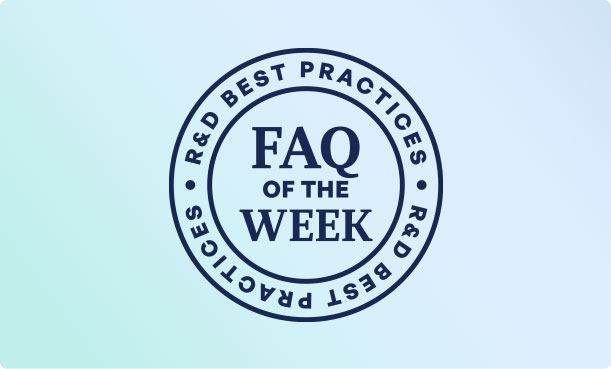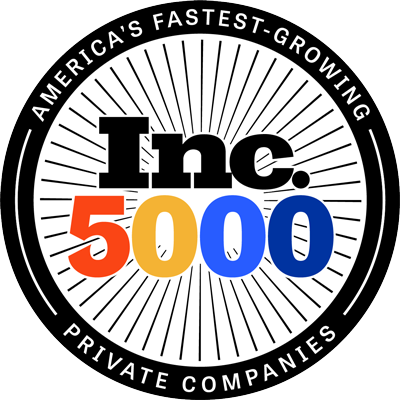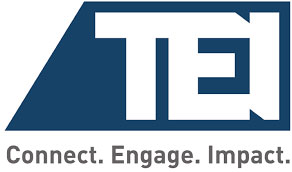A-1: Don’t let the fear of an IRS audit scare you! If you have tax refunds to go back and get, consider filing Form 1139.
There are some critical benefits to filing Form 1139 instead of amending a return via Form 1120X:
- Refunds are processed within 90 days. Form 1120X can take years to review.
- The IRS Review of Form 1139 is generally limited to identifying calculation errors and omissions. That said, if the IRS does later decide to audit, they can look at additional items outside of R&D, but the potential assessment is limited to the tentative refund amount (via §6501(k)).
For most taxpayers, the idea of going back to get a refund of taxes will outweigh the risk that the IRS will audit the return. The key is having strong documentation to support your R&D credits.
FAQ-2: If we do not file an 1139 carryback, what happens with the unused R&D tax credit?
A-2: R&D tax credits are carried forward to the next year until they are used up or expired. You can carry them forward for 20 years.
FAQ-3: If we file Form 1139 for a tentative refund related to the carryback of R&D credits, are we subject to the requirements in the Chief Counsel Memorandum (20214101F) related to R&D refund claims?
A-3: The good news is that the additional requirements are limited to a “claim for refund or credit.” The filing Form 1139 for a tentative refund is NOT considered a claim for credit or refund. Therefore, the mere filing of 1139 does not warrant the additional information requirements outlined in the Memorandum. With that said, documenting your business components and the associated costs is the key to sustaining any R&D credit. Although you are not required to provide the additional information upfront when filing Form 1139, we strongly recommend having your documentation compiled and ready to go when calculating your R&D tax credits. This approach helps mitigate risk in the event of an exam and gives you a much better chance of sustaining your credits.
Please contact the MASSIE team if you want to discuss this topic further or require assistance with your calculations.
Disclaimer: The information on this website is for general information purposes only. Nothing on this site should be taken as legal advice for any individual case or situation.






